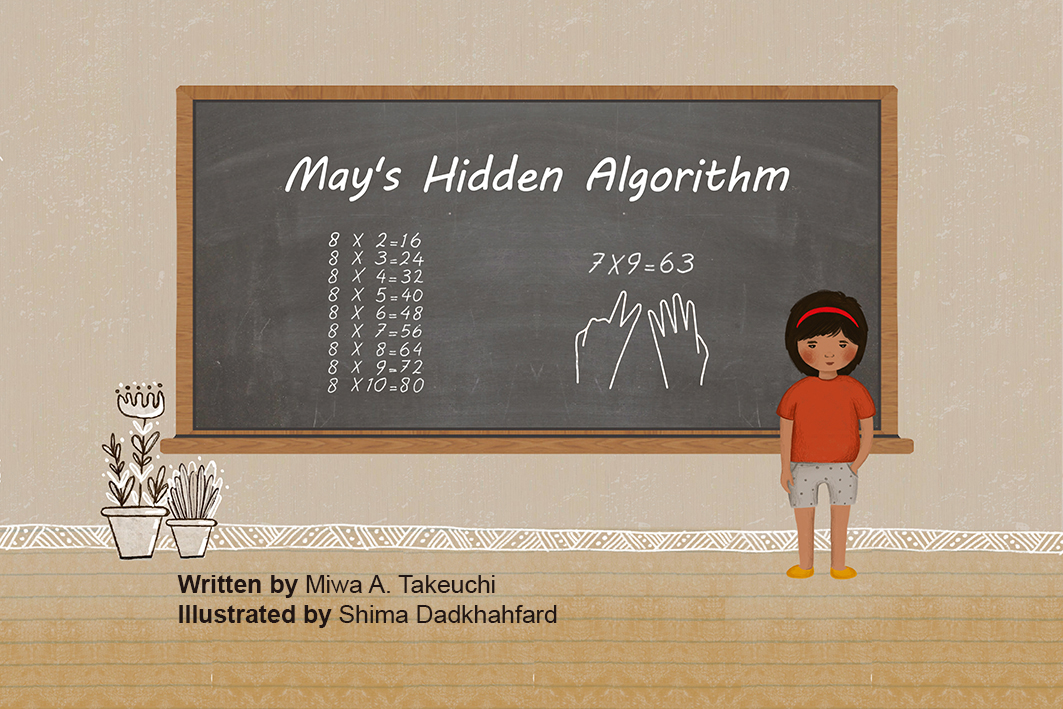Lesson Objectives
By the end of this lesson students will start to have discussions and think about how some methods and ideas they were taught as students are not always necessarily ‘right’ or ‘better than’ other methods. The objective is to build this thinking up enough to use it throughout the next two lessons.
Lesson Outline
First discussion: How do we use our bodies in our lives naturally to measure the world around us? (5 mins)
- Have you ever had to measure distance along a large field by counting the strides you take?
- In a game like Bochy, how do you measure which ball is closer to the target?
- When is it useful and when is it bad to use our body to measure things?
For example: It is useful for measuring in a game, or the length of supplies you need for a project, but it is bad to use it to measure in a chemistry lab when you shouldn’t be approximate.
Measurement activity: Individual work (10 mins)
- Ask students to pick four objects around the classroom to measure, and have them measure those objects themselves.
- Have them write down how long it is in body measurements (for example: one hand width to measure a desk).
- They will then measure that against a ruler at their desk to get an approximation (for example: if they measured one hand width, at their desk they would measure their one hand width and see how long that is on a ruler to approximate the size of the object).
Second Discussion: Comparison (10 mins)
- In pairs: Ask the students to compare the measurements they used on their body
- Some leading questions you can provide:
- How close were they with the ruler measurements?
- Did they use the same body parts to measure? Why or why not?
- As a class: Hold a discussion about the comparison in measurements.
- Some leading questions to facilitate the discussion:
- Were some pairs closer to each other than others? Why might that be?
- Did some students try to be more precise?
- Was it close enough? Does it matter how accurate the measurements were?
- Why might it be better to measure things with our bodies rather than with rulers every time?
- When might it be bad to use our bodies to measure things?
Third Discussion: How else do we use our bodies for math? (5 mins)
Leading questions:
- Is it ever bad to use your fingers when doing math?
Why or why not? - Is there ever a time we shouldn’t use our hands to count or multiply?
- How does it make you feel when people tell you not to use your hands to count or multiply?
Conclusion
Connect to next lesson: In the next lesson, we will be continuing with these ideas looking at different multiplication methods from around the world.
OR
Review key points from the lesson: Discuss the key outcomes of the lesson – who decides what is the ‘right’ way to do math.vv
Categories
- Intermediate Lesson Plan (2)
- Lesson Plan (5)
- Secondary Lesson Plan (3)
- Selected Presentations and Papers (8)

